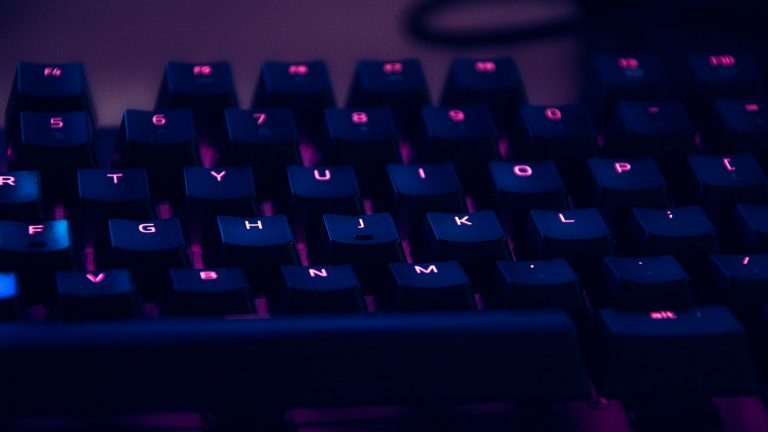What is Human Capital?
Human capital is a unique asset that exists in the form of knowledge, experience, skills, health, and habits that people acquire throughout their lives. It is a quantity of potential, which can be used in the production of labor and goods. Human capital is the source of a person’s individual abilities or capacities that are valued in the labor market. It represents a person’s worth as an employee, parent, and citizen. Generally, the more human capital a person has, the greater the return to their employer and to society in the form of increased productivity and efficiency.
Human capital is distinguished from physical capital, which is a collection of tools, machines, and other resources used in production. Examples of physical capital include factories, warehouses, and tools. It is also distinguished from financial capital, which consists of collections of money and other financially investments that are used in the production of goods.
How Does Human Capital Affect Forex Trading?
In stock and Forex trading, the most important capital is human capital. This type of capital is the knowledge, skills, experiences, and emotions that traders bring to the trading table. Forex traders rely on their human capital to make trading decisions and to develop and implement successful trading strategies. For forex traders, human capital is vital for a successful trading career. It involves developing the knowledge, skill, and experience that are necessary to evaluate potential profits and losses, develop sound strategies, manage risk, and correctly interpret Forex market data.
Human capital is also important because it is essential for trading efficiency. A trader’s cognitive abilities and analytical skills are an important aspect of their human capital. They must be able to effectively analyze market data, identify trends, make timely decisions, and adhere to trading guidelines. Furthermore, they must also be able to remain disciplined and adhere to their trading strategies, despite market volatility.
Why Forex Trading is Called Human Capital?
Forex trading is often called human capital because it requires traders to rely on their own knowledge, skill, and experience to make profitable trades. The markets are constantly in flux and require traders to make quick and smart decisions. This requires the trader to have an in-depth understanding of the market, the different trading strategies, and the techniques that can be used to capitalize on opportunities.
In addition, successful forex traders must be able to recognize emerging market trends and react to them quickly. They must also be mindful of their trading strategies and not let their emotions get the better of them. Trading with a clear head and in accordance to a well-thought-out trading plan is the hallmark of a successful forex trader.
In sum, forex trading requires the use of human capital, as it relies on the knowledge, experience, and skills of the trader. Without the human capital, forex traders would not be able to make sound trading decisions and take advantage of the opportunities presented by the markets. Consequently, Forex trading is often called human capital, as it’s the traders’ capability that drives successful Forex trading.
Why is it Called Human Capital? Review
What is Human Capital?
Human capital is an economic term used to describe the skills, talents, education, experience, and knowledge of an individual. It is considered a valuable resource within the production process in society. An individual’s human capital is viewed as an asset, which can be invested in to create value for an employer or society. This has become an increasingly important concept, especially in today’s globalized and competitive environments.
Why is it Called Human Capital?
The term human capital is used to signify the importance of an individual’s valuable attributes in terms of economics. While a tangible asset such as a factory or building may decrease in value, the assets of a person – their education, insight, knowledge, and skills – will remain the same, or increase in value over time. Human capital is therefore used to designate the importance of one’s individual attributes in terms of economic production.
The Benefits of Human Capital
The concept of human capital has clear benefits for businesses and society in general. For businesses, investing in an employee’s human capital can help maintain its long-term competitive advantage and viability in the market. This is because human capital can provide a unique advantage through specialized knowledge, experience, or insight. Similarly, countries with a large and educated workforce are more likely to develop competitive economies that can compete internationally. Human capital has therefore become an increasingly important concept in economics and business as a whole.













